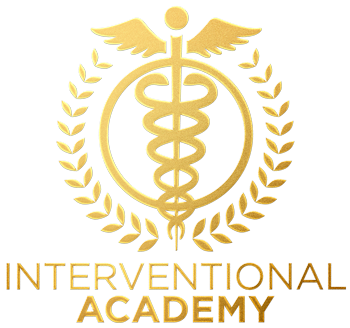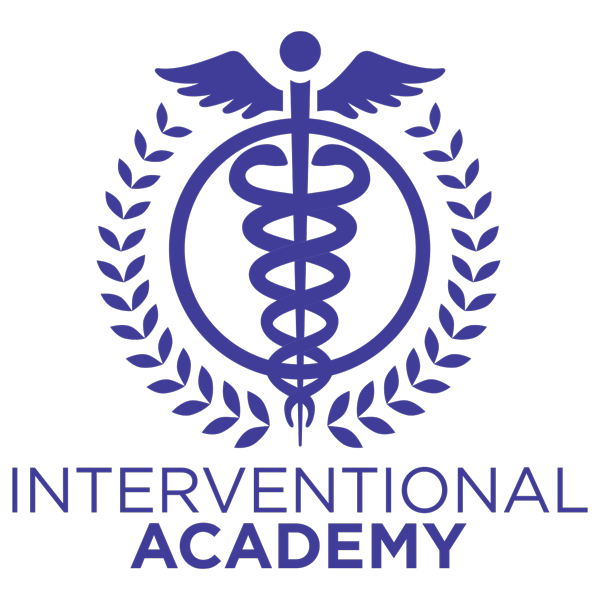By, Rajesh Dave, MD
Despite innovation in stents, balloons, adjunctive devices, etc. the mortality in cardiogenic shock remains around 50% in the best-case scenario – outside of western hemisphere it may be even higher. This year at C3 and again at ESC, Dr. Holger Thiele presented long-term results of the Culprit Shock Trial. This trial was designed to answer the question whether in acute setting culprit vessel only PCI vs multi-vessel PCI with attempt to do complete revascularization. It was found that at 30 days, death and need for renal replacement therapy was statistically better in culprit vessel only PCI arm compared to multi-vessel intervention. (Thiele et al. N Eng J Med 2017;377:2419-2432)
At one year, the composite of death and renal failure requiring dialysis was 52% in culprit only arm vs 59.5% in multivessel PCI group. However, death by itself was not statistically different. More interestingly, patients in culprit vessel only arm had lower all-cause mortality and re-infarction however re-hospitalization, repeat revascularization, and heart failure was higher. In other words, benefit of culprit vessel only PCI in first 30 days is not fully realized at one year. Moreover, mortality remained above 50% at one year.
So, what have we learned? I reflected on 18 years in my interventional practice and considered hundreds of shock patients I have treated with varying approaches including hemodynamic support. I remain of the opinion is that the outcome of a shock patient is dependent on complex interplay of many factors including timing of presentation, success of PCI procedures, appropriate and full support when clearly indicated, medical therapy and in-hospital management. I also believe that post index procedure non-culprit other physiologically significant lesions should be treated in a staged fashion. I had a recent interview with Dr. Thiele and he agrees with my opinion.
For our 15th year celebration of C3 in 2019, we have partnered with ACCA- Acute Cardiovascular Care Association of ESC to further discussion on Cardiogenic shock treatment. Next year at C3, many leaders including the President of ACCA, Susanna Price from UK, along with Uwe Zeymer and Peter Clemmensen from Germany, Kurt Huber from Vienna, and various North American experts will be in attendance to discuss these varying approaches to management of Cardiogenic shock. I hope that we will have a consensus statement after C3 in 2019 to provide guidance that is applicable in varying geographies with available resources to best manage these patients. It will be an event not to miss!

